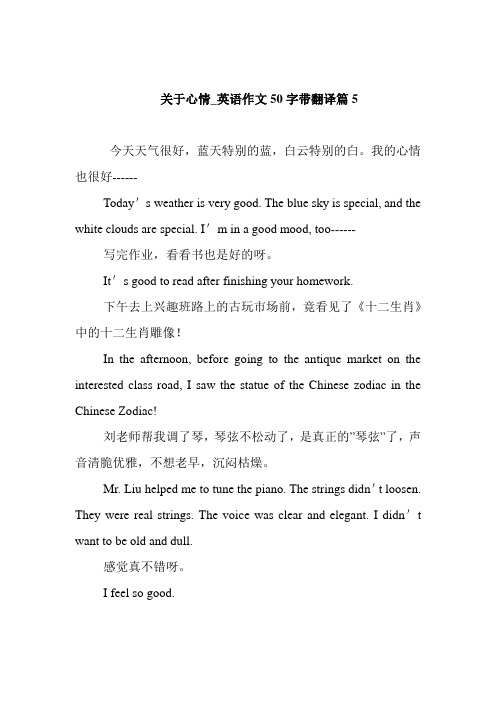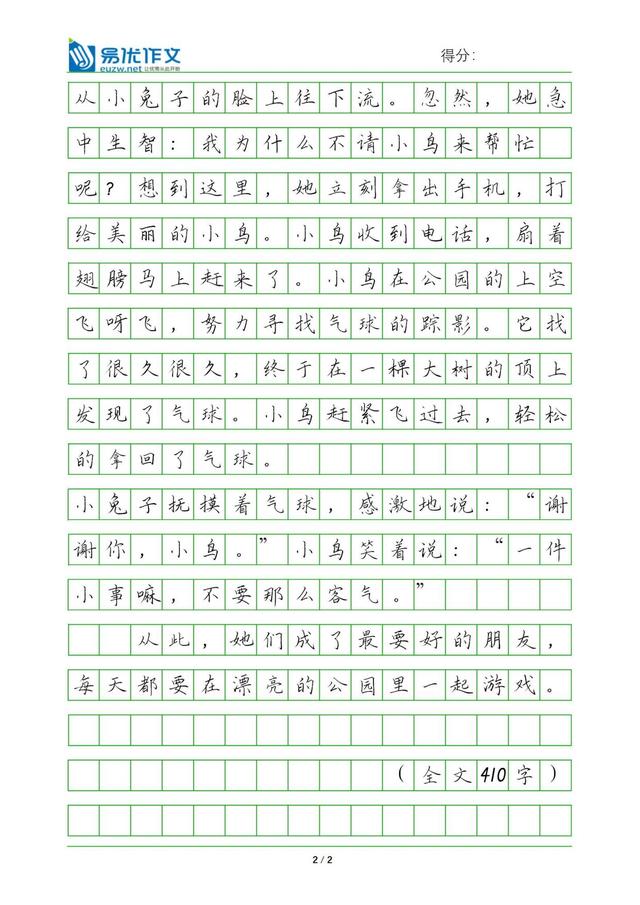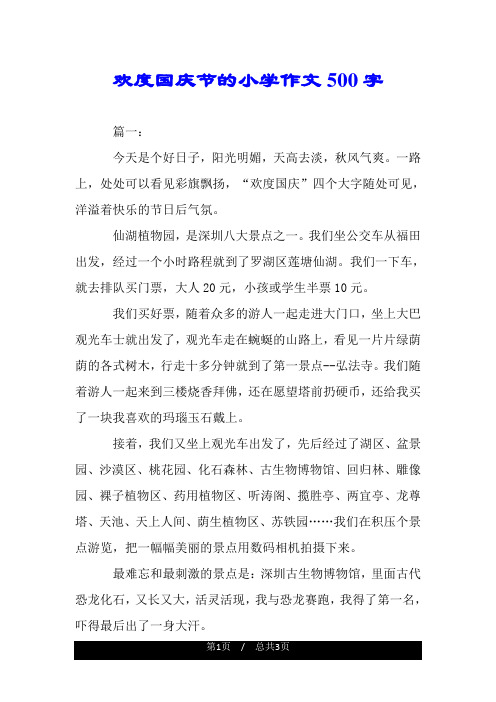二战的英语作文带翻译(二战英语作文及译文)
World War II was one of the most devastating conflicts in history, reshaping global geopolitics and leaving an indelible mark on the world. The war involved major powers and lasted from 1939 to 1945, affecting nearly every corner of the globe. In this essay, we will delve into various aspects of World War II, examining its causes, key events, impacts, and lasting significance.

Firstly, it is crucial to understand the causes of World War I
I. The roots of this conflict can be traced back to the aftermath of World War I and the failure of the League of Nations to maintain peace. The Treaty of Versailles imposed harsh penalties on Germany, leading to widespread economic hardship and national resentment. Additionally, the spread of totalitarian regimes, notably Nazism in Germany and militarism in Japan, contributed to the aggressive expansionism that ultimately led to war. The appeasement policies of Western leaders, such as Neville Chamberlain's concessions to Hitler, further emboldened these dictators, creating a dangerous power vacuum that other nations sought to fill.
One of the most significant events of World War II was the invasion of Poland by Nazi Germany on September 1, 1939, which triggered Britain and France to declare war on Germany two days later. This event is often considered the official start of the war. Subsequently, the conflict expanded rapidly with the fall of France and Belgium within weeks, followed by the Soviet invasion of Poland. The United States entered the war only after the Japanese attack on Pearl Harbor on December 7, 1941, turning it into a truly global conflict.
The war saw some of the most intense battles and technological innovations in history. Europe was the main theater of war, with major campaigns such as the Battle of Britain, D-Day at Normandy, and the Battle of Stalingrad shaping the course of the war. In Asia and the Pacific, battles like Midway and Bataan were crucial in shifting the tide against Japanese expansionism. On the Eastern Front, the Soviet Union played a pivotal role in defeating Nazi Germany, although at a tremendous human cost.
The impact of World War II was profound and far-reaching. Economically, it resulted in significant destruction and reconstruction efforts, particularly in Europe and East Asia. It also led to the establishment of the United Nations in 1945, aiming to prevent future conflicts by promoting international cooperation and security. Socially, the war had lasting effects on gender dynamics, as millions of women stepped into male roles during the workforce, only to find their positions undermined post-war. Additionally, racial discrimination became a focal point, with the Nuremberg Trials addressing crimes against humanity and laying groundwork for future human rights movements.
The legacy of World War II continues to influence contemporary politics and society today. The Cold War era, which began shortly after the war, pitted the capitalist West against the communist East, leading to decades of tension and competition. The Korean and Vietnam Wars are direct continuations of this ideological struggle. Furthermore, the war spurred technological advancements that have shaped modern warfare and society, from nuclear weapons to medical technologies developed during the war effort. Additionally, the Holocaust remains a somber reminder of the consequences of hatred and intolerance, influencing global responses to genocide and human rights issues.

In conclusion, World War II was a defining event in human history, characterized by its scale, brutality, and transformative impact. Its origins lay in the failures of previous attempts to establish peace, while its causes were exacerbated by aggressive expansionism and appeasement policies. Key events marked by significant battles and technological breakthroughs shaped the course of the war, which eventually brought about a new era of international cooperation through the establishment of the United Nations. The war's enduring legacy continues to influence global politics, social structures, and technological advancements, making it an essential subject for understanding our present and future. As we reflect on this tumultuous period, it becomes clear that learning from history is crucial for fostering a more peaceful and equitable world.
更多精彩》



